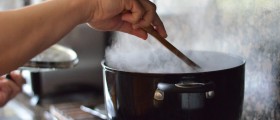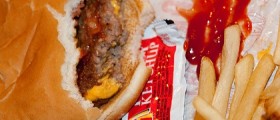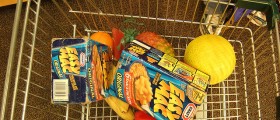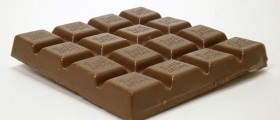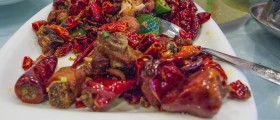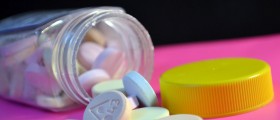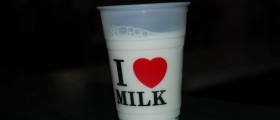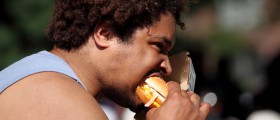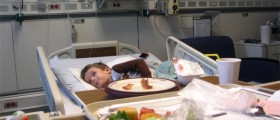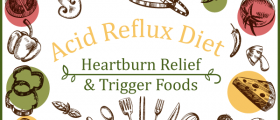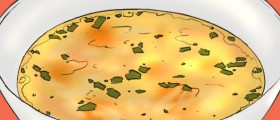I've read all the posts and I have exact same thing as you all. I've had every test their is to determine the problem and no answers. My endoscopy showed I had excess mucus in my stomach which I was well aware of as when my food comes back up it is thickened with mucus. As with you other folks my food tastes the same when it comes back up as when it went down. No acidity at all. Ice cream will still be cold when it comes back up. I've had this condition for so long I can't really remember when it started. I've learned to live with it and accommodate the issue when I'm in public cause you can just be regurgitating and spitting it out all over the place. I keep cups beside my bed, in my car and other places that I know I'm not going to have a place to dispose of stuff that comes up. Last time I went to my gastroenterologist for it was in 2014. He told me it had been 9 years prior to that that he had begun to see me. His exact words for me IN 2014 were "well, if this was something real serious you would be dead by now". He did another endoscopy and a colonoscopy in 2014 but again found nothing. Said I was clean as a whistle except for excess mucus in my stomach. I'm 73 so figure he's right. As annoying as it is, it could be worse and could be something life threatening. Praise the Lord I'm still living with it. Christine
Loading...
Loading...
Loading...
Loading...
Loading...
I would add gastroesophageal reflux disease (GERD). GERD occurs when stomach acid or other stomach contents flow back up into the esophagus, causing a burning sensation in the chest or throat, also known as heartburn. This can happen when the valve at the bottom of the esophagus, called the lower esophageal sphincter (LES), doesn't close properly.
Some of the common symptoms of GERD include heartburn, regurgitation, chest pain, difficulty swallowing, and the feeling of a lump in your throat. The symptoms may be worse after eating, lying down, or bending over.
There are several factors that can contribute to GERD, such as obesity, smoking, pregnancy, hiatal hernia, and certain medications. Foods and drinks that can trigger GERD symptoms include acidic foods, spicy foods, chocolate, caffeine, and carbonated beverages.
Loading...


